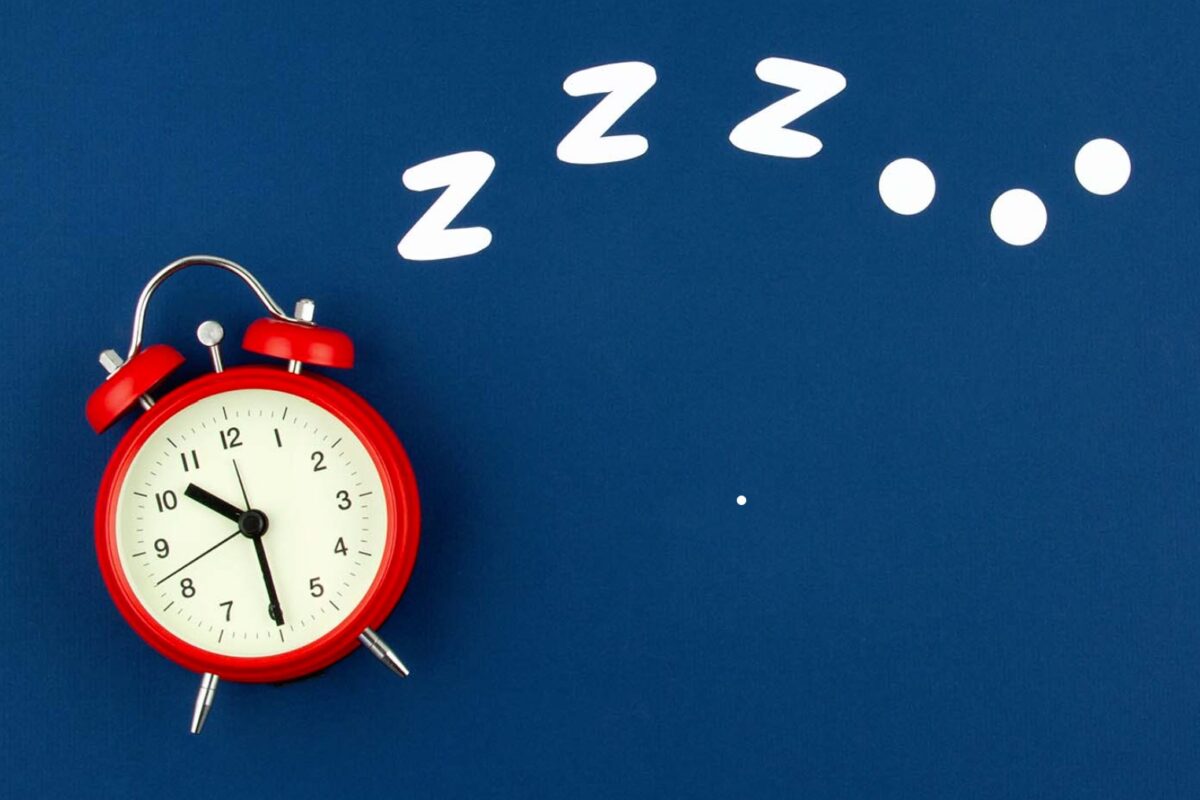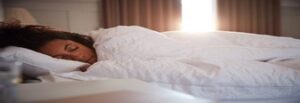
COVID-19 has created so much stress and uncertainty in our lives that nearly everything has turned upside down. Even now, despite having vaccines available, we have new anxiety about how and when we will be vaccinated. All of this fear, apprehension, and even excitement takes a toll on our sleep hygiene. Increasing rates of insomnia have a significant impact on our overall physical and mental health.
Following sleep hygiene guidelines (below) and sleeping 7-9 hours every night will improve both your physical and mental health.
-
Limit daytime naps to 30 minutes. Napping does not make up for inadequate sleep. A short nap of 20-30 minutes can help to improve mood, alertness and performance.
-
Avoid stimulants,e.g., caffeine, nicotine close to bedtime. While alcohol can help you fall asleep faster, too much close to bedtime can disrupt sleep
-
Exercise to promote good quality sleep. As little as 10 minutes of aerobic exercise, such as walking or cycling, can drastically improve nighttime sleep quality.
-
Avoid foodthat can be disruptive right before sleep. Heavy, rich, fatty or fried meals, spicy dishes, citrus fruits, carbonated drinks can trigger indigestion for some people.
-
Ensure adequate exposure to natural light. Exposure to sunlight during the day, as well as darkness at night, helps to maintain a healthy sleep-wake cycle.
-
Establish a regular relaxing bedtime routine. This helps the body recognize that it is bedtime. This includes warm showers or bath, reading, or light stretches. When possible, try to avoid emotionally upsetting conversations and activities before attempting to sleep.
-
Make sure that the sleep environment is pleasant, The bedroom should be dark and cool – between 60 and 67 degrees – for optimal sleep.
Cites accessed 4/1/21
https://www.sleepfoundation.org/articles/sleep-hygiene
https://www.sleep.org/
https://www.cdc.gov/sleep

